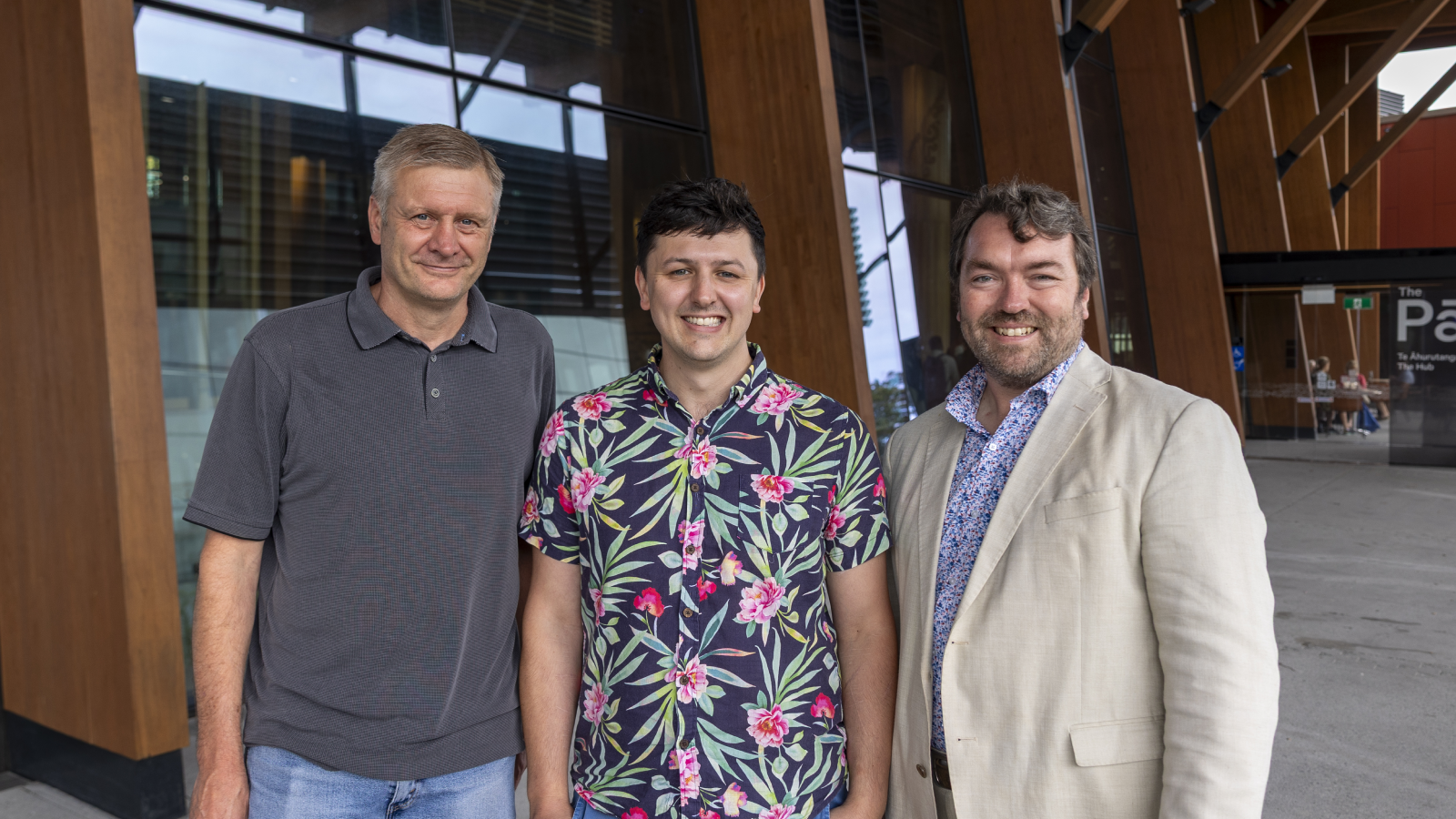
University of Waikato alumna and director of Mulberry St. Clare Swallow will teach as part of the Waikato MBA programme this year.
A proponent of human-centred design thinking, Clare says when a client said to her: “It’s like you were in the head of that truck driver at that moment”, she understood just how powerful design thinking could be.
The University of Waikato alumna, who in 2015 was named as one of New Zealand’s most digitally savvy women, will deliver a paper on design thinking through the University of Waikato’s MBA course this year called Creating Positive Disruption.
Clare’s business, Mulberry St, focuses on helping other businesses have those lightbulb moments by using design thinking, a technique that is proven to lift bottom lines by up to 200%.
“The basic premise of design thinking is to bring human beings back into the centre of our problem solving,” says Clare.
“For so long we have been taught ‘don’t come with a problem, come with a solution’ and now we need to break that model.”
She says design thinking takes people on a journey into the minds of their customers or employees and, depending on the challenge or opportunity, by using the process they will discover what actions are needed.
Clare says when businesses are led by design thinking trust increases in their business. As trust increases, they find creativity increases and as creativity increases, innovation happens.
It can sound simple but it’s about trust. The more we trust each other the more likely we are to be courageous and take a risk and the more likely we are to be creative and therefore innovative.
The design thinking process is also an exercise in vulnerability as people put aside unconscious bias and preconceived ideas, she says.
“I always say if you’re coming with a solution you’re coming to the wrong course.”
Many of her clients have ended up in tears, including a CEO who at the end of the course was so proud of what his team had achieved.
In addition to the paper Clare will teach as part of the MBA programme, she is also helping to deliver a short course in design thinking through Priority One and the University of Waikato called Design Thinking for Business Impact.
“After speaking with CEO’s in the Bay of Plenty we found a step change was needed in how businesses were addressing innovation and growth. There was a desire to come at innovation from a fresh perspective.”
“Organisations often create a new role because they think they need an innovation manager, or they need to create an innovation lab. Some of those things are certainly an enabler but really it is a cultural change that’s needed.”
The short course will start in May. Intakes are limited to 12 people, with two coaches per course, and Clare says participants will be able to implement and action design thinking in their work right away.
MORE INFORMATION:
Find out more about the design thinking short-course Clare is teaching, delivered by Priority One in conjunction with the University of Waikato here
Find out more about the design thinking MBA paper Clare is leading called ‘Creating Positive Disruption’.



